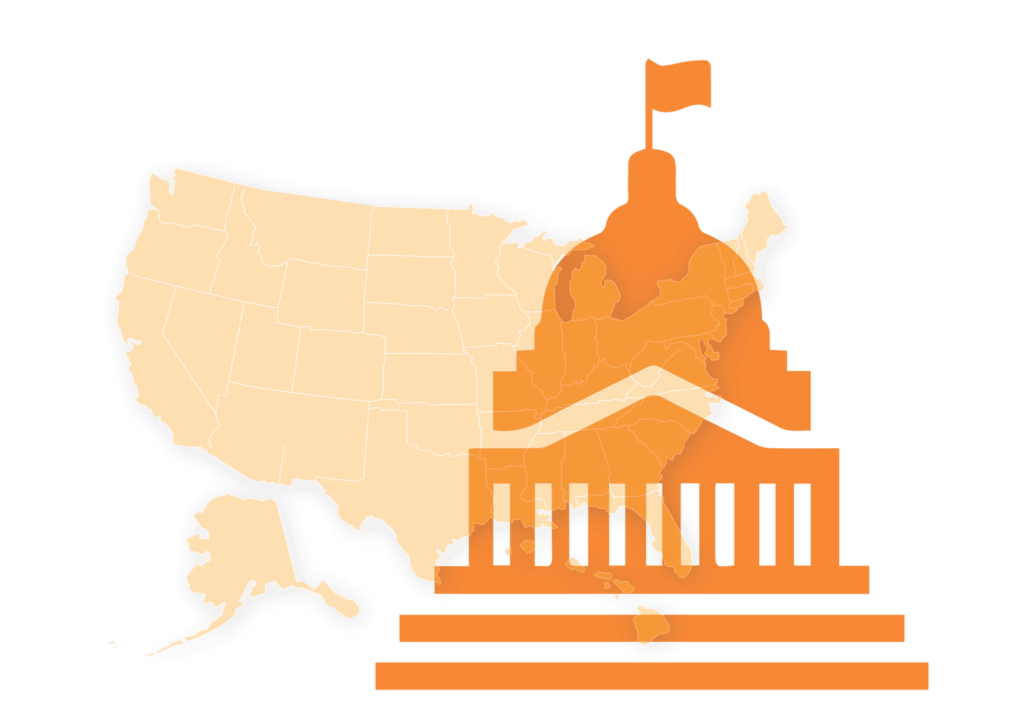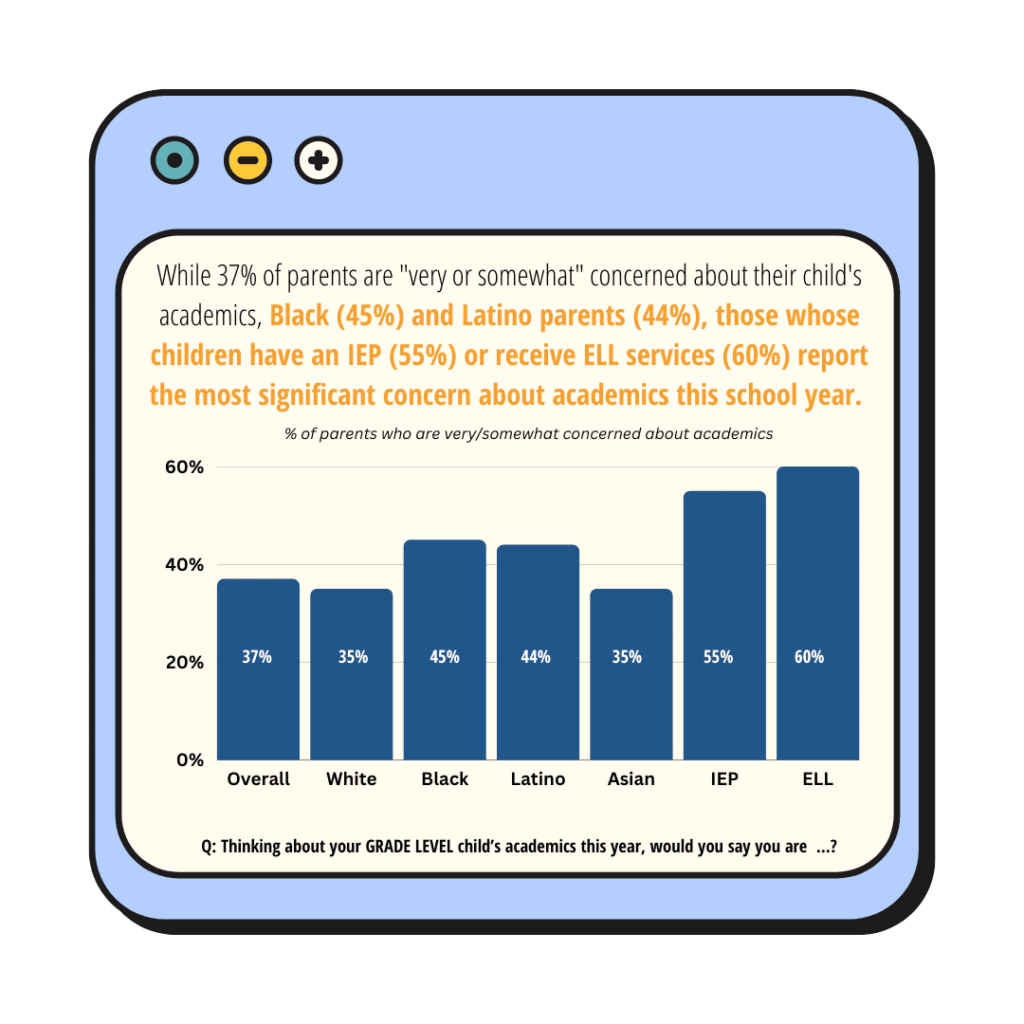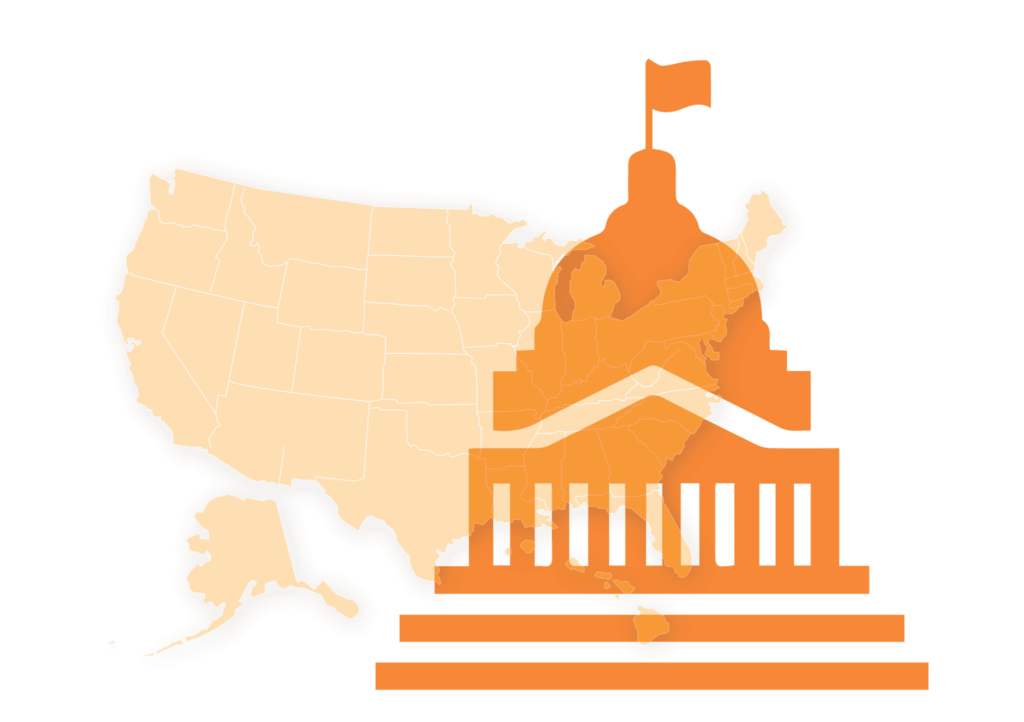Dear Senators Murphy, Cornyn, Sinema, and Tillis,
We were encouraged by the news of a group of bipartisan senators reaching an agreement to address the growing gun violence epidemic in our country, which also includes provisions related to school-based mental health services and school violence prevention efforts. While we appreciate the work done to date, we recognize there is plenty left to accomplish, and we urge you to remain focused on the greater goal – to protect our nation’s students and children. As advocates and champions for evidence-based policies that support the whole child and educational equity, we encourage you to include school safety policies that ensure every child is protected and afforded the opportunity to learn in a safe, inclusive, and affirming environment.
Improving school safety for students requires attending to all the major sources of risk and harm at school. Addressing gun violence in schools will require attending to the full variety of contributing factors that predominantly exist outside of schools, including access to firearms and firearm safety, and we encourage you to adopt legislation that reflects this necessity. At the same time, improving school climate holistically is also critically important to protecting the safety and wellbeing of students. Students need to have positive developmental relationships with trusted adults in their schools, which are an essential ingredient to healthy development and learning; have access to mental and behavioral health professionals, such as nurses, counselors, and psychologists; and have access to learning environments where all students are valued, respected, and cared for. As you develop the legislative language to enact your agreement and improve school safety for our nation’s students, we urge you to include language that aligns with the following principles:
- Schools and districts should be encouraged to use any additional funding to improve school staff training on how to resolve conflicts, including de-escalation, conflict resolution, and restorative practices; how to identify students exhibiting signs of a mental health crisis, and how to connect them with appropriate support services such as school-based mental health experts and social workers; how to infuse evidence-based social-emotional learning practices throughout the school-day experience; and provide professional development on cultural and linguistic competence most appropriate for their school communities.
- Schools and districts should be encouraged to use any additional funding to hire support staff such as well-trained school-based psychologists, counselors, social workers, community intervention specialists, and other mental health professionals qualified to provide school-based mental health services, and ensure vulnerable populations can access them. These support staff can provide integrated social, health, and mental health services that can enable resilience and success for youth, even those who have faced serious adversity and trauma.
- Districts that receive additional funding should be encouraged to complete audits of existing student-support services to identify gaps in services across schools, including gaps based on socioeconomic status, race, gender, homelessness status, and disability status. Districts should use information from the audits along with evidence-based practices to inform how best to target additional funds to schools and students most in need.
In addition to aligning to the above principles, the legislation should not focus the use of funding on physically hardening schools, hiring school resource officers (SROs), implementing “zero tolerance policies” or promulgating behavioral threat assessments in schools. These practices have not been shown to increase school safety, and instead have been correlated with having disproportionate negative impacts on our most marginalized students, thus increasing risks to their mental health and well-being. Despite the significant number of students dealing with toxic and often chronic stress, middle and high schools where Black students comprise the demographic majority are more likely to have security staff but not mental health providers. For many Black students and other students of color, the presence of police officers in their schools poses a physical and psychological threat in a place that should be supportive and welcoming.
Further, we are particularly concerned with funds being used to support training efforts on behavioral threat assessments, as these practices can result in the profiling of and discrimination against Black and Brown students, and children with disabilities. Although intended to prevent instances of school violence – any form of which is horrific – behavioral threat assessments often result in the inappropriate sharing of private student information with law enforcement, create long-term educational consequences by labeling and stigmatizing students in question, and increase the volume of discriminatory discipline and inappropriate arrests of children. Already, Black and Brown students and those with disabilities are subjected to higher rates of punishment compared to their white peers for similar offenses. Such disproportionate discipline results in Black students losing 5 times as many instructional days compared to white students, even though Black students account for only 15 percent of the student population. Students experiencing homelessness are also disciplined in schools at disproportionate rates in comparison to their housed peers, with disproportionalities further exacerbated by race, disability, and sexual identity/orientation. Further, in the 2015-2016 school year, 31 percent of public school students referred to law enforcement or arrested were Black students, and students with disabilities accounted for 28 percent of law enforcement referrals or arrests, even though they make up only 12 percent of the student population. The important legislation you are drafting should not exacerbate these systemic problems.
All students deserve the opportunity to learn in a safe and supportive environment. To improve school safety and prevent future attacks on our nation’s most vulnerable students, schools and districts must employ practices that support the holistic needs of a child. We hope your bipartisan legislation will advance school safety for all, and not increase the risk for some. We urge each of you to continue working on behalf of every student in our nation’s schools. They deserve nothing less than courageous action at this moment.
Sincerely,
All4Ed
Education Reform Now
The Education Trust
Learning Policy Institute
National Center for Learning Disabilities
SchoolHouse Connection
Teach Plus
UnidosUS
cc:
Senator Blumenthal
Senator Blunt
Senator Booker
Senator Burr
Senator Cassidy
Senator Collins
Senator Coons
Senator Graham
Senator Heinrich
Senator Kelly
Senator King
Senator Manchin
Senator Portman
Senator Romney
Senator Stabenow
Senator Toomey








 March 24, 2023 by
March 24, 2023 by